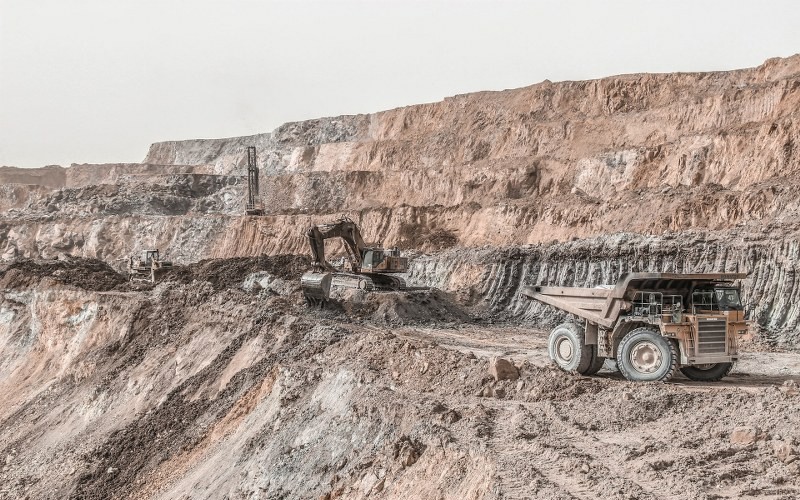
India eyes fiscal push to build rare earth magnet stockpile, curb China reliance
New Delhi: India is in talks with companies to build strategic stockpiles of rare earth magnets and incentivise local production, aiming to cut its dependence on Chinese imports, according to people familiar with the matter, according to a Reuters report.
The effort, driven by concerns over China’s tightening grip on the supply of rare earths, gained urgency after Beijing imposed export restrictions on rare earth materials in April, disrupting global supply chains, especially in the automotive sector.
With China responsible for processing around 90% of these magnets—critical for sectors ranging from clean energy to defence—Prime Minister Narendra Modi’s government is now working on a scheme to encourage domestic manufacturing.
Two officials aware of the talks told Reuters the Ministry of Heavy Industries is preparing a proposal to offer production-linked fiscal support.
One of the sources said the draft policy includes partial compensation to bridge the price gap between locally produced magnets and cheaper Chinese imports, which would help improve cost competitiveness and encourage adoption by domestic industries.
However, the funding specifics are yet to be finalised, with the government expected to meet industry stakeholders next week to discuss the plan, Reuters reported, adding that its queries remained unanswered by the ministry.
While state-run IREL has long mined rare earth elements, most of its supply serves atomic energy and defence needs, leaving industries such as automobiles dependent on imports—mainly from China.
The urgency is mounting. Global automakers, including Japan’s Suzuki Motor, have already halted production due to disrupted supply chains.
In India, the Society of Indian Automobile Manufacturers (SIAM) has privately warned the government that production could come to a "grinding halt" as early as late May or early June.
To find an immediate solution, the Heavy Industries Ministry is planning to send a delegation of automotive industry executives to Beijing to request quicker clearances.
Two industry officials acknowledged that lobbying China was the only feasible short-term option.
"The short-term solution has to be to get Chinese authorities to clear things," said one of the executives told Reuters, noting that his company was already struggling with dwindling supplies. "A radical shift in supply chain is not possible in the short term."
Another industry executive estimated that some manufacturers may sustain operations until the end of June. After that, the shortages could severely disrupt not just electric vehicles but all categories of automobiles.
India has the world’s third-largest rare earth reserves—estimated at 6.9 million tonnes—but the sector remains underdeveloped due to limited private investment.
To address this, the government launched the National Critical Mineral Mission in April, targeting greater self-reliance in the sector. Exploration for neodymium—a key component in auto-grade magnets—has since picked up pace.
Despite holding reserves, India currently exports neodymium to Japan due to inadequate processing capabilities, two sources said.
Export data shows shipments worth nearly $7 million were made to Toyota Tsusho between January and April.
The escalating crisis prompted the Prime Minister’s Office this week to review the potential impact on India’s fledgling electric vehicle sector, which has seen billions of dollars in investment commitments.
One source added that the government is also weighing tariff exemptions on machines needed to set up magnet production units. "The government is looking into it critically. They are serious," the person told Reuters.
Support Our Journalism
We cannot do without you.. your contribution supports unbiased journalism
IBNS is not driven by any ism- not wokeism, not racism, not skewed secularism, not hyper right-wing or left liberal ideals, nor by any hardline religious beliefs or hyper nationalism. We want to serve you good old objective news, as they are. We do not judge or preach. We let people decide for themselves. We only try to present factual and well-sourced news.







